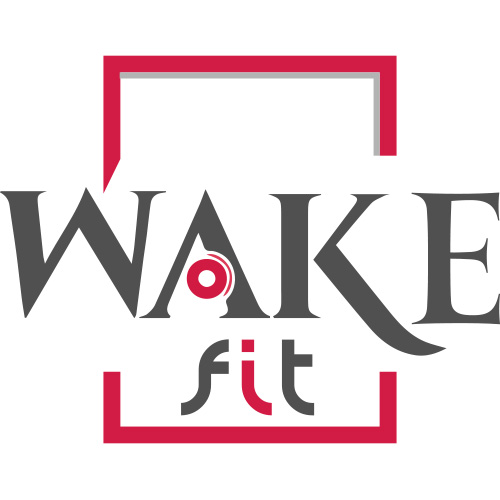Health Estimates: Gauging Well-being for a Better Tomorrow

Health estimates serve as vital tools in assessing the well-being of individuals and populations alike. From physical fitness to mental wellness, these estimates provide insights into various aspects of health, aiding in informed decision-making and resource allocation within healthcare systems.
Understanding Health Estimates
Health estimates encompass a broad spectrum of indicators that gauge an individual’s or a population’s health status. These estimates encompass both physical and mental health parameters, providing a comprehensive overview of one’s overall well-being.
Types of Health Estimates
- Physical Health Estimates: These estimates focus on aspects such as body mass index (BMI), blood pressure, cholesterol levels, and overall physical fitness.
- Mental Health Estimates: These estimates delve into psychological well-being, including factors like stress levels, mood disorders, and cognitive function.
Methods for Estimating Health
Various methods are employed to gather health estimates, ranging from traditional surveys to advanced medical tests.
Applications of Health Estimates
Health estimates play a crucial role in shaping healthcare policies and interventions, aiding in the allocation of resources and the implementation of targeted strategies to address prevalent health issues.
Challenges in Health Estimation
Despite their significance, health estimates are not without challenges. Issues such as data accuracy, cultural biases, and limited access to healthcare services can hinder the reliability of these estimates.
Improving Health Estimates
Advancements in data collection methods, coupled with collaborative efforts among healthcare organizations, are essential in enhancing the accuracy and relevance of health estimates.
Future Trends in Health Estimation
The future of health estimation lies in predictive analytics and personalized approaches, leveraging technology to deliver tailored insights and interventions for individuals and populations.
Conclusion
In conclusion, health estimates serve as invaluable tools in assessing and addressing health-related challenges. By embracing advancements in data analytics and fostering collaboration, we can harness the power of health estimates to foster healthier communities and a brighter future.




